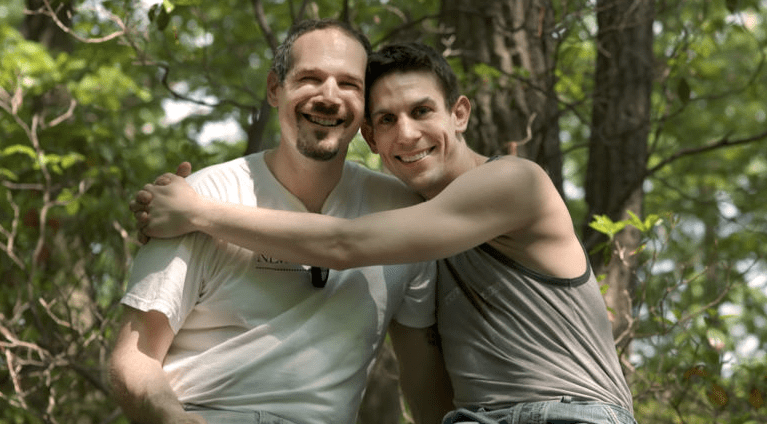A groundbreaking study published in the journal Science confirms that genetics can’t confirm if a person will engage in same-sex sexual behavior. The research showed that there is no single gene that controls sexual preference – instead, some genes play a tiny role in contributing to sexual behavior, with social and environmental factors determining the rest of the outcome. In other words, genes play small a role in sexuality, but there is no “gay gene.”
Researchers studied almost 500,000 people to come up with their results. Study author Ben Neale said, “This is is the largest and most thorough investigation into the genetics of same-sex sexual behavior to date.”
The study analyzed associations between the genes of people and same-sex behavior that the people reported. It’s important to note that these behaviors do not absolutely equate sexual identity. People who reported that they had same-sex encounters could be bisexual, gay, pansexual, etc.
The authors revealed that between 8% and 25% of same-sex sexual behavior in the study could be explained by genetics. The rest could be chalked up to environmental and social factors. Ben Neale said, “I think it underscores that there is an element of biology and it underscores that there’s an element of the environment. And it underscores that this is a natural part of our species.”
The authors of the study worked with LGBTQ advocacy groups to talk about the best way to reveal their work to the public, and they were mindful about what kind of message the results might send. There is still concern about potential backlash, however. Darren Whitfield, an assistant professor at the University of Pittsburgh who studies LGBTQ health, said, “These things do have the potential to reinforce homophobia. It can reinforce the idea of any abnormality [connected] to same-sex attraction.”
Whitfield added that it’s important to consider what comes out of these studies and what’s next regarding this type of research. He said, “At the end of the day, we’re still looking for a genetic component for sexual behavior. The question I would have is—why? What is the purpose?”






